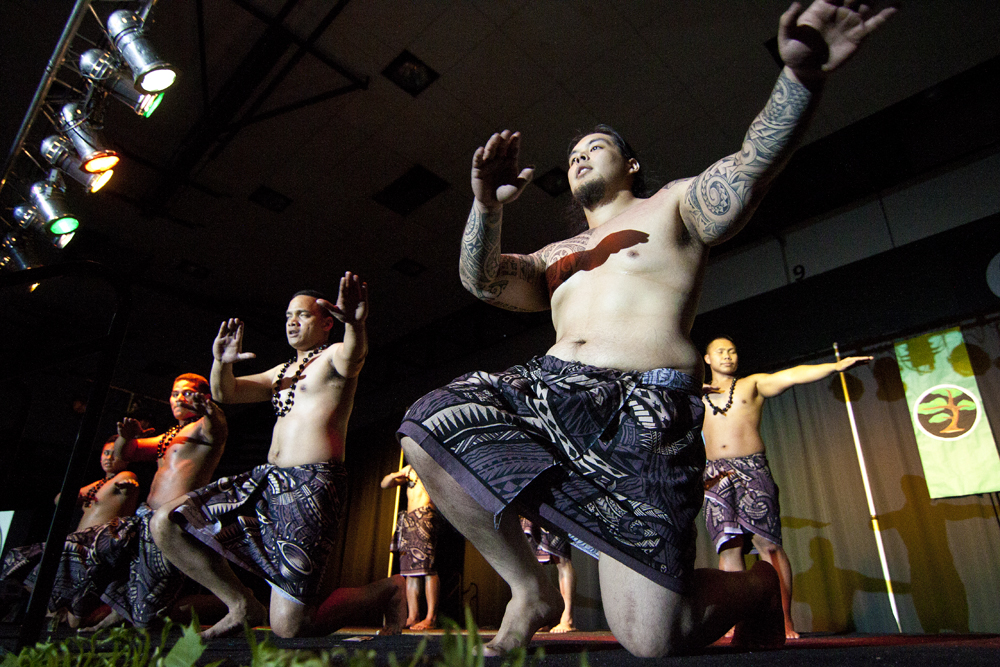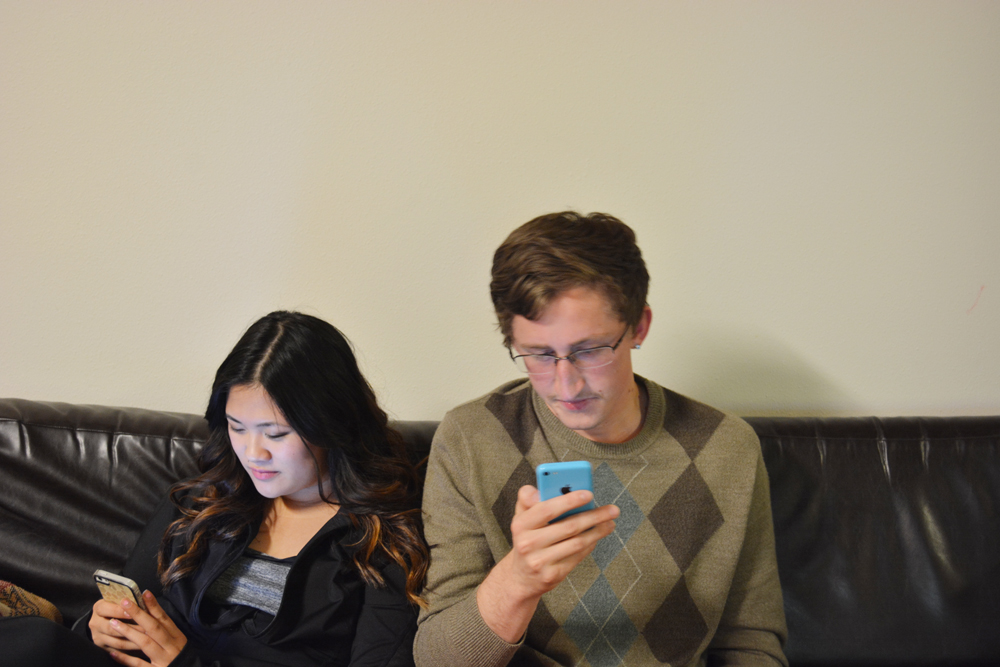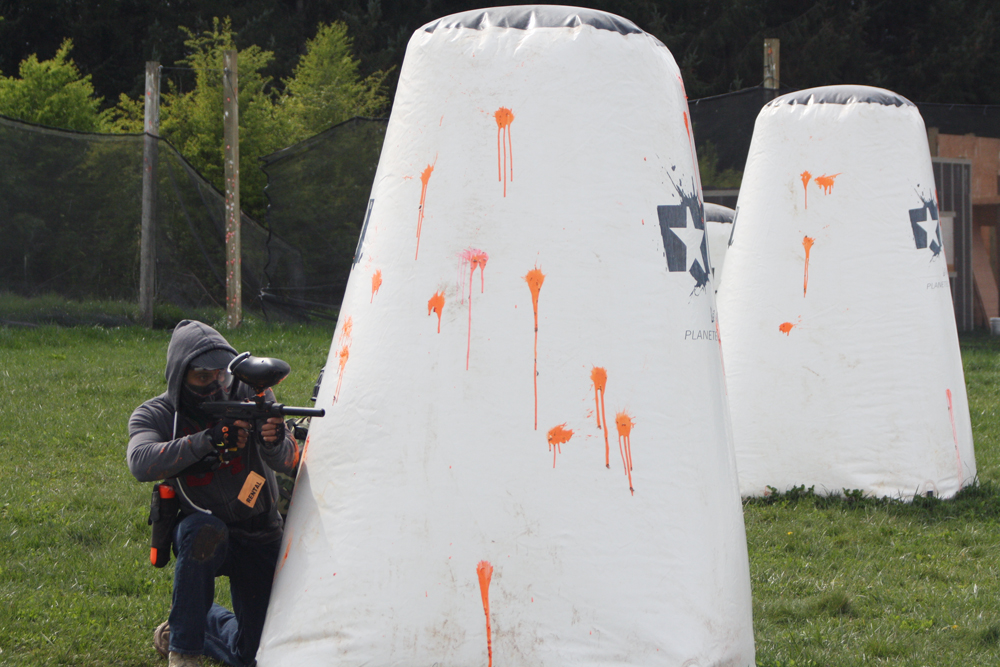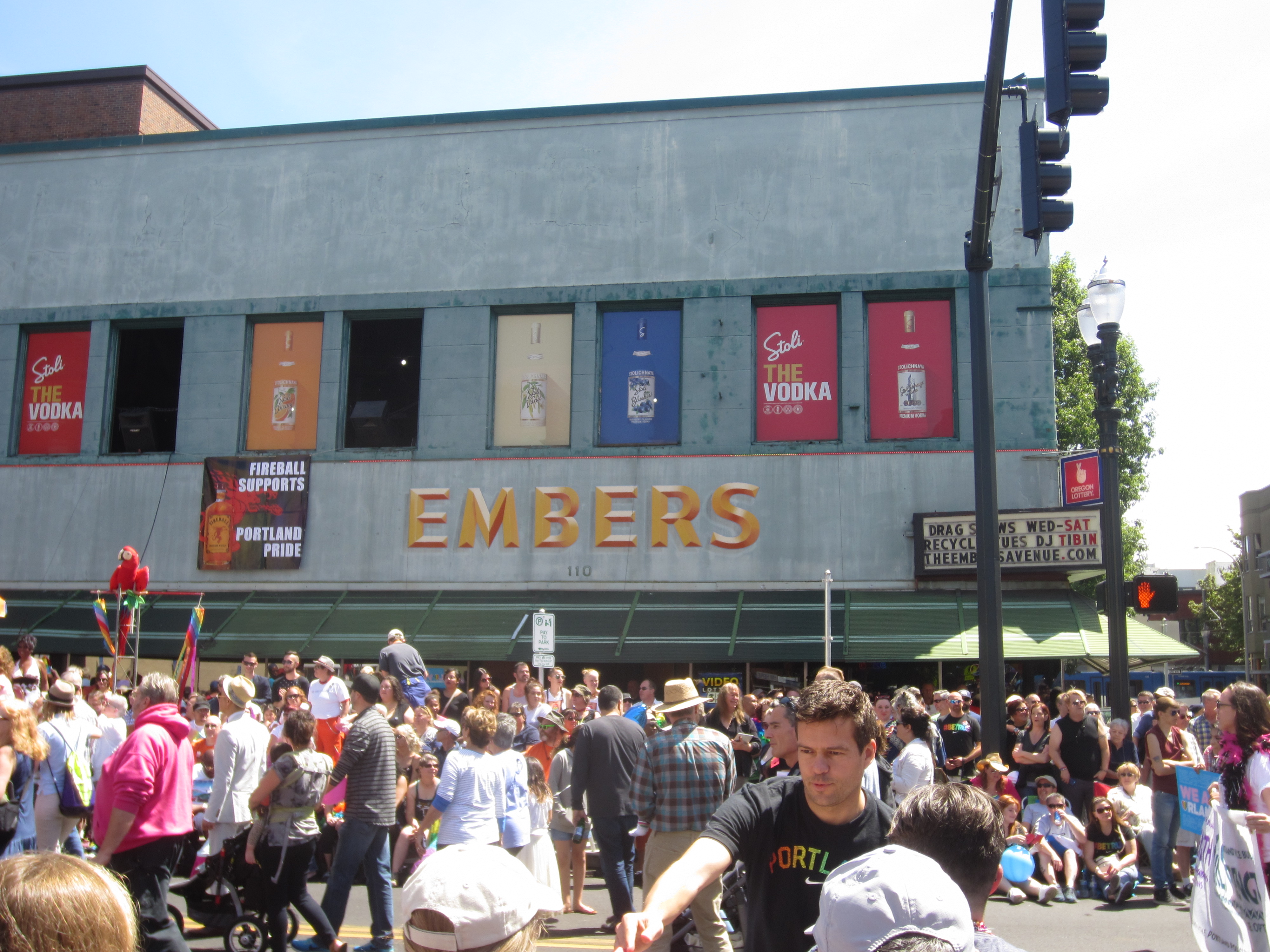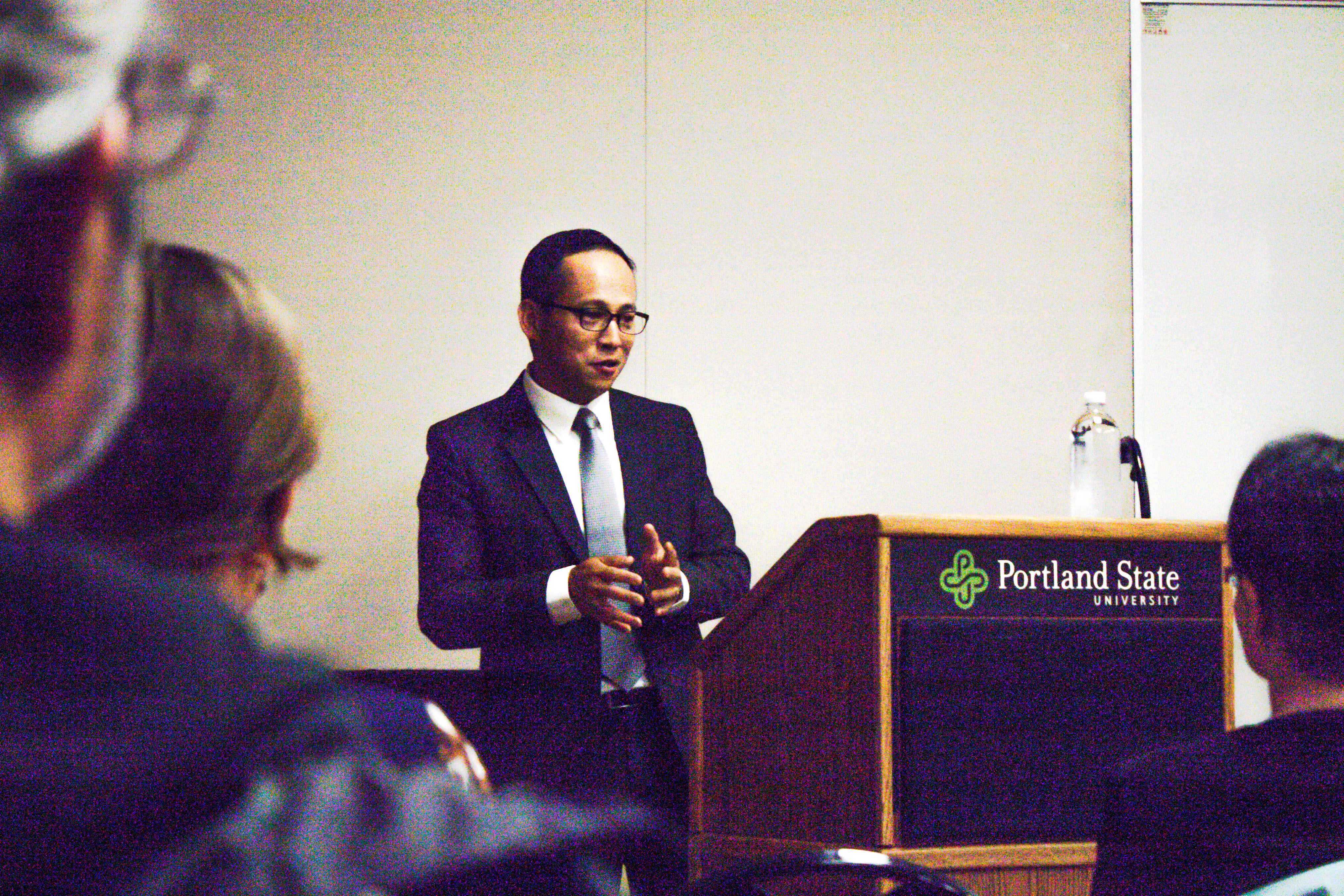Hundreds of Portlanders entered the Stott Center Arena to attend Portland State’s Pacific Islanders Club’s 13th annual luau. The luau—which was held on May 9 this year—is an evening celebration of Pacific island culture featuring hours of live musical and dance performances and a feast fit to serve all comers.
The luau is the club’s largest event and is one of the campus’s biggest in general, according to Darren Acoba, president of the PIC.
“It’s an event to showcase our culture,” Acoba said. “We’re the Pacific Islanders Club, we represent Hawaii, New Zealand, Tonga, Samoa, Fiji and Tahiti. As part of a mission of our club, it’s to expand the diversity here at Portland State and just share our culture while embracing others.”
The event’s performances blend both new and old traditions, letting culture evolve and stay relevant, Acoba explained.
“Letting people know about our culture,” Acoba said. “That’s like multiple things: it’s language, it’s food, it’s dance, it’s music.”
The luau is planned throughout the entire school year, according to Acoba. He added that one of his favorite parts of it is seeing how it brings the PIC’s officers and members together.
“For the officers—the students who run the club—for a lot of us, it’s our last year,” Acoba said. “It’s our last luau, we’ve been doing this for four years now, we’re all graduating.”
Jessel Galiza, the PIC’s vice president, said that the luau’s dances are one of the ways in which the PIC showcases Pacific island culture. She added that some of them incorporate the luau’s overarching theme of the elements.
“I do know that for this year, anyway, one of our numbers focuses on Tangaroa Whakamautai, which is the goddess of the sea,” Galiza said. “At least that way we can incorporate it with the goddesses of the ocean or the goddesses of the fire and protectors of the land and all that.”
Galiza explained how the theme incorporates not only the elements as they appear in stories, but also how they relate to the lives of Pacific islanders.
“Also the elements—like the ocean—and how that is really important to all the Polynesian islands and the Pacific islands, because, you know, we’re surrounded by a body of water and so that’s really important and it [has] a really huge impact on all of us living there,” Galiza said.
She added that she was looking forward to the luau’s poi ball performance, particularly owing to the powerful song that was chosen for it.
“Sometimes, when I listen to it, I get chicken skin. And so, it’s that kind of feeling that you get whenever you come to our luau, especially if it’s a powerful song like that,” Galiza said. “Experiencing that, you kind of want to go there in person and experience and learn more about their culture and traditions.”
Xylia Lydgate—a member of the club—said that during one meeting, club members had to choose between using the elements or royalty as their theme.
“It was a pretty close tie and eventually we came up with the elements, and I’m really glad we did because we have really nice decorations to go along with it, and it all came together really well,” Lydgate said.
Lydgate added that the theme of the elements helped to set the atmosphere for the luau in terms of how it relates to island culture.
“A big part of Polynesia and living on the islands is nature is a big standout, like water, and there’s lots of greenery, and the mountains are a big standout when you go to visit,” Lydgate said.
Volunteers preparing for the luau rehearsed about once per week for most of the year, but rehearsed for the entire week leading up to the luau, according to Leilani Freeman, another member of the PIC.
“Just being a part of a team and putting this all together is a really cool experience because no one person could do this alone, and it really takes a group effort to make it happen, so I think that was the most memorable thing for me,” Freeman said.
Freeman added that she liked how the event helps bring Pacific islanders together and explained how the luau’s elemental theme was representative of their shared culture.
“I think it helps just connect back to the natural roots of what the earth is made out of and why we’re all here,” Freeman said. “I think that that’s a big part of island culture as well.”

